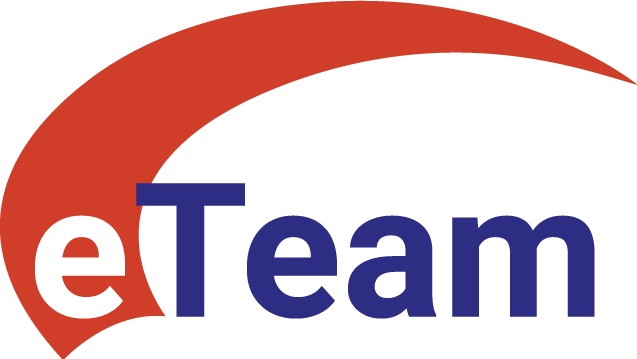- Certified Diversity and Security Cleared Organization | GDPR Compliant
The Overlooked Benefits of Mandatory Paid Sick Leave
Last updated on August 20th, 2018 at 06:03 pm
It’s easy for MSP program managers to get caught up in the hustle and bustle of implementing new policies and procedures and overlook the potential benefits of providing paid sick leave to contingent workers.
With businesses increasingly relying on free agents, giving contingents and temporary workers access to quality benefits like paid sick leave may increase their satisfaction, engagement and retention. Plus, in-demand contractors might think twice before jumping to another agency or higher paying assignment if it means forfeiting their accrued sick time or eligibility.
Here are just a few of many overlooked ways MSPs and host employers stand to benefit from the implementation of mandatory paid sick leave.

Reduced Soft Costs, Increased Customer Satisfaction
Refills, replacements and premature defections from critical projects increase the indirect costs and negative effects of using contingent workers. Line managers are less likely to request replacements when they can anticipate and plan for worker absences over the course of an assignment. And more professionals may become contractors now that they have access to affordable healthcare and paid sick leave. Of course, anything that reduces rehiring and retraining costs is bound to increase manager satisfaction and elevate their perception of MSP and staffing suppliers’ performance.
Productivity Gains
Contingent workers who don’t get paid sick days are more likely to come to work when they’re under the weather and infect others. Did you know that employees who come to work sick – which is known as “presenteeism” – is estimated to cost our national economy $160 billion annually, surpassing the cost of absenteeism? A healthy workplace benefits everyone.
Lower Healthcare Costs
According to a new study by Aon Hewitt, large employers will contribute an average of $8,849 toward health insurance for each employee in 2016. When employees stay healthy, it reduces doctor visits, prescriptions and lab tests which lowers the total cost of healthcare.
Enhanced Employer Brand
Providing benefits such as PTO affords contractors and temps work-life balance and elevates the stature and employment brand of staffing firms and their partners. According to a recent LinkedIn survey, 53 percent of people said they “would entirely rule out accepting a job offer from a company with a poor reputation.” Moreover, LinkedIn’s research also found that offering flexible benefits and perks is the most valued benefit for talent. Being regarded as a great employer with excellent benefits may give MSPs and their staffing partners the magnitude to attract and keep high caliber contractors and contingent workers without raising pay rates in a hyper-competitive marketplace.


